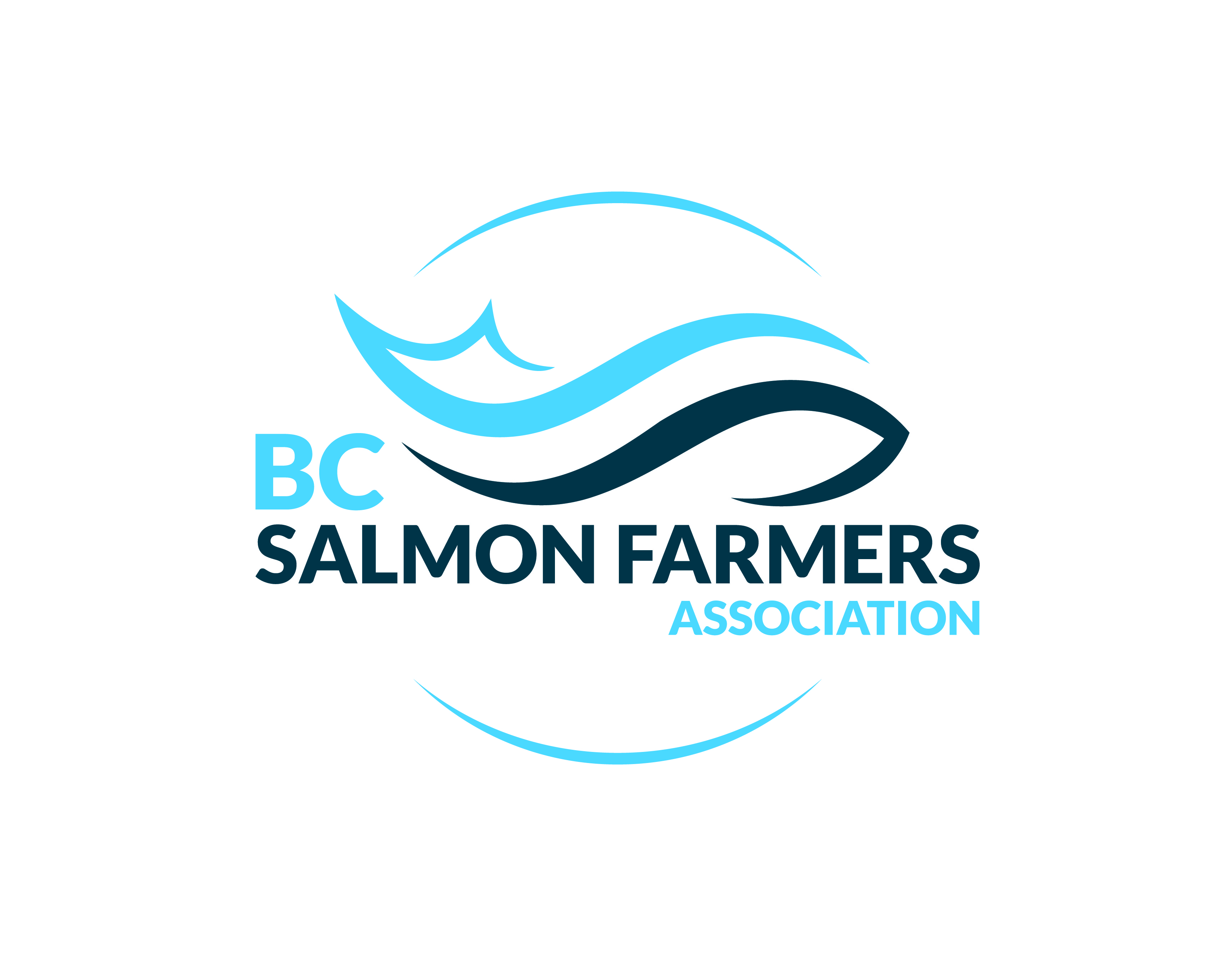Salmon Farming: The Bigger Picture
They have been tucked away in the bays and fiords along the vast marine coastline in British Columbia for almost 30 years. Over time salmon farming, part of the aquaculture industry, has quietly become the British Columbia's largest agricultural export - contributing over $1.1-Billion annually into the province's economy and providing thousands of steady, year-round jobs in coastal communities.
Farm-raised salmon travels from the farm to cities in Canada, the United States and Asia, getting onto the customer’s plate within 36-to-48 hours. It is now the choice of 70% of all salmon consumers worldwide, and demand continues to increase.
"Food security is a very very important issue. Producing fish locally is a fantastic idea. The more we can produce locally, the less carbon energy we have to put into transportation the better," said Dr. Tony Farrell, UBC Professor and Chair in Sustainable Aquaculture.
Locally grown in British Columbia, this nutritious food supply is available fresh all year round. Chefs love the texture, consistency and taste of farm-raised salmon.
Chef Bohan Kovachevich, President of the BC Chef's Association and Corporate Executive Chef in charge of seven hotel restaurants, has been cooking with it for 20 years. “They’re good quality fish and I use that for all my properties.”
This heart healthy superfood is rich in Omega-3 fatty acids, natural vitamins and minerals, which can help prevent heart disease and stroke, and promote better overall health.
Safety and hygiene are number one on the farms and in the processing plants. Salmon farming companies in British Columbia are constantly striving to improve practices to ensure a sustainable industry, with minimal environmental impact.
With the prediction of global warming reducing wild stocks, farm-raised salmon could play a larger role in feeding the world’s growing population.

